The current NZ economy is cause all kinds of financial stress, and many New Zealand business owners are finding themselves facing serious financial trouble. Recently, RNZ reported that New Zealand businesses owe over $1.4 billion in unpaid GST and PAYE debt from the 2025 tax year, with $48 million unpaid from 2018.
Construction, rental, hiring, real estate, and electricity, gas, water and waste companies were reported to have the most outstanding debt.
That’s a staggering amount! But honestly, it’s not uncommon for business owners to use GST and PAYE to cover cashflow shortfalls in their business, with the intent of “catching up” later. But it’s risky, and a warning sign that your business might be in trouble.
Is Your Business in Trouble?
One of the biggest warning signs your business is in trouble is when you owe more than you earn. If you struggle to pay your bills because you’re not getting paid on time by your clients, then it’s time to take a good look at your finances.
The biggest mistake I see business owners make is dipping into their tax account when times are tough, and then not having enough money to pay their taxes when tax time arrives.
It’s essential to remember that GST and PAYE are collected from customers and employees, not earned by the business. Once these funds hit your business account, it can feel like extra money, and it’s tempting to use it to pay bills with the intent of replacing it before the due date. But when it comes to tax time, late payments can result in IRD penalties and interest.
If you’re struggling to fulfil current or new orders, your creditors and IRD are breathing down your neck for payment, and you’re facing legal action, you probably already know this, but these are all warning signs your business is in trouble, and you should seek financial advice now!
Turning Things Around
What should you do when your business is in trouble? Here are my top tips on how to turn things around.
#1. Behind on Tax Payments
What should you do if you’re already behind on tax payments? Set up a dedicated tax account for income tax, GST, and PAYE so that it doesn’t get mixed up with the operational funds. This will make it easier to see what you can actually spend and will ensure you have the money set aside when it comes to tax time.
If you’re struggling with overdue tax debt, I suggest you set up a payment plan with the Inland Revenue (IRD). Contrary to perception, the IRD are willing to work with businesses facing financial difficulties to help them pay off their debt.
If you’re not already using accounting software, I would recommend setting this up to help you record your transactions. Accounting software will ensure you regularly review your accounts and ensure you know what you owe.
Be mindful of those penalties and interest charged on overdue tax debt. Address these debts sooner rather than later to avoid debt escalating.
#2. Negotiate with Creditors
When your business is under financial stress, one of the smartest moves you can make is to talk to your creditors before things spiral. Many business owners avoid these conversations out of fear of damaging their reputation, but in reality, most creditors would rather work out a repayment plan than take costly legal action. Here’s how to handle it.
Explain your current situation and why you’re struggling to pay.
Have your cashflow forecast and current accounts ready so you can show what you can afford to pay and when.
Offer a plan! This could be spreading the debt over a longer period, a temporary payment holiday, or even a reduced lump-sum settlement if you can manage it.
Once you agree on new terms, make sure everything is documented to avoid misunderstandings later.
Stick to the agreement! Nothing rebuilds trust like making payments on time once new terms are in place.
If your business is facing financial stress or struggling with unpaid tax debt, don’t wait until things get worse. Reach out now to get expert advice and support tailored to your situation.
Phone me on 027 212 9569 or email danny@balanceledgers.co.nz


